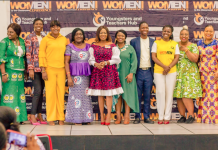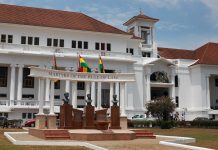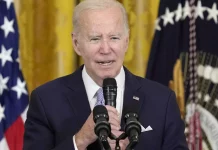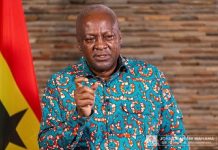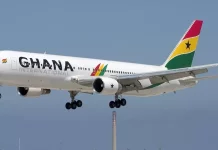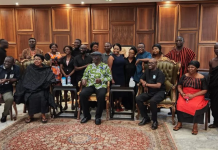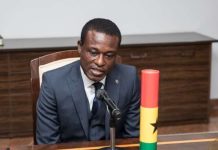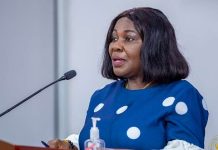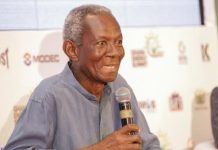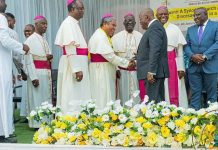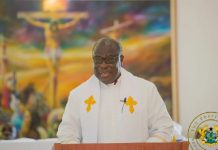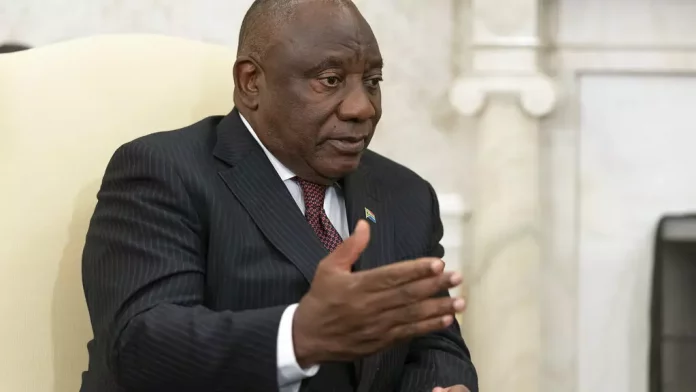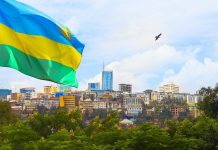South Africa’s President Cyril Ramaphosa, who has cut short foreign visits as the country’s electricity crisis worsens, warned on Monday that there was no prospect of improvement “in the short term”.
“Given the uncertain performance of (state-owned Eskom’s) coal-fired power plant fleet, we will not be able to stop load shedding in the short term. This is the sad reality of a long-standing situation,” he wrote in his weekly letter to the nation.
After several weeks of intense load shedding between June and July, in the middle of the southern winter, Africa’s leading industrial powerhouse is plagued by further drastic power cuts, as the national grid is unable to produce enough power after years of mismanagement and corruption.
This has meant several hours of power cuts for individuals and businesses every day for almost two weeks now. This system of load shedding has been in place for the past 15 years.
Mr Ramaphosa, who was on a trip to the United States and London, announced an early return to the system last week in response to the crisis.
“These last two weeks of load shedding have been extremely frustrating and difficult. The public’s anger is justified,” he said, adding that the power shortage was “jeopardising” the economy.
“In the immediate term, our aim is to reduce the frequency and severity of load shedding by addressing the failures at the power stations,” he continued.
The rise in temperatures with the arrival of spring usually leads to a drop in consumption and reduces the pressure on ageing and poorly maintained power stations.
But a high number of outages has led to a dramatic drop in production, which is also suffering from coal supply problems.
South Africa gets 80% of its electricity from coal, creating severe pollution that environmentalists have denounced.
Calling on South Africans to “use electricity sparingly”, the president assured that measures to create new production capacity are progressing “even if the effects are not immediately felt”.
Cyril Ramaphosa announced in July that the sector would be opened up to the private sector. The country, which obtained €7.7 billion for its energy transition at COP26, signed the first agreements for wind energy production last week.
— africanews




